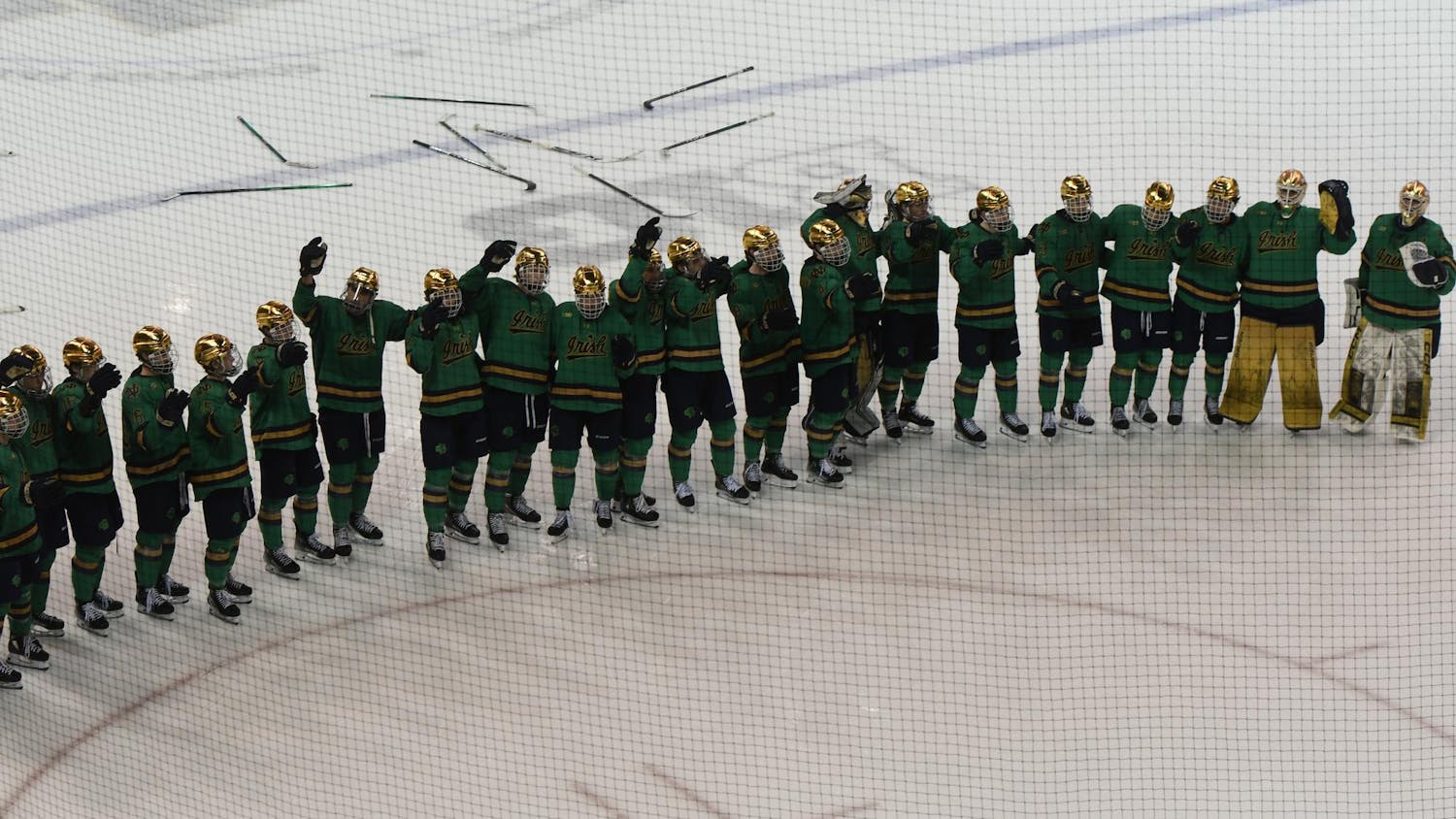Let me preface by saying this: I am no fan of Gregg Berhalter. From the start of his tenure, I have maligned his implementation of positional play and often conflicting ideals. It's hard for me to imagine a world where he is the best possible coach the USSF can muster to coach the USMNT.
With that being said, so much of the criticism of the USMNT’s current manager as the team gears up for its first World Cup in eight years is misplaced.
If you want to take shots at Berhalter’s tactics, so be it. I, for one, don’t think much of what he has tried in terms of structure fits the current roster. But critiques of the players he’s bringing to play (or lead, given this is the youngest USMNT roster since any of its current players were alive) miss the mark.
Take current first-choice center-back Aaron Long, for instance. Over the last year and change, criticizing Long has become something of a stand-in for criticizing Berhalter. The case against Long makes sense in a vacuum. He is by any definition a flawed player. He doesn’t boast an expansive passing range, he doesn’t excel in 1v1 defensive situations and there are still questions about how much of his game was affected by a season-ending injury suffered at the start of the 2021 season.
But using starting Long as a building block for a “fire Berhalter” case is ridiculous. Because, as flawed as Long may be, he absolutely makes the most sense from a tactical perspective for the current USMNT. Most USMNT fans would agree that Walker Zimmerman is, given the current injury status of Miles Robinson and Chris Richards, the best option for the team in their first match against Wales.
And Zimmerman’s consensus status as a starter is why Long is his partner. Zimmerman, for all his aerial prowess, is, simply put, slow. Throughout qualifying, the USMNT has played a high defensive line. And such a line would struggle if Long was removed from the rotation because no other center back in the current fold complements Zimmerman like he does. Tim Ream offers experience at the highest club level in the world and an underrated passing range. But Tim Ream is 35 years old and even slower than Zimmerman.
Just because Ream plays in the Premier League (and at a high level at that), means that he’s an automatic fit to start for the USMNT. One of the reasons Ream has excelled for Fulham is the fact that they play a deep block, where the veteran center-back is tasked with being dominant in the air. This system fits his skillset, and as such enhances his performance. The opposite is true for how he would fit into the USMNT lineup.
The reason we know this? Ream was himself in Long’s position just a few years ago, the whipping boy of the USMNT picked on as a consequence of continued faith from Berhalter despite poor performances. Perhaps most notably, in what would go on to be an iconic 3-2 statement victory against Mexico, Ream spent most of his 82 minutes on the field being toyed with by quicker players like Hirving Lozano. On Mexico’s second goal, Diego Lainez was isolated directly with Ream and beat him with a cut inside.
And this performance came in a defensive structure that offered Ream even more security (he was the left center back in a back five) than the current 4-3-3 high line would. While Ream will certainly be an important factor in the squad for Qatar. It may be merely offering a veteran presence in the locker room of one of the youngest teams in the tournament. Or it could be as someone who can help close out a lead when teams are sending long balls into the box at every chance. He’s not fit to be the starter. Berhalter is making the right choice rolling with Long.
And on the note of the USMNT being one of the youngest teams in the tournament, that fact also helps to explain some of Berhalter’s more heavily criticized roster decisions. Christian Roldan, for instance, is perhaps the player heading to Qatar that has drawn the most questions from USMNT fans. Sure, the wide midfielder is a reliable MLS starter who brings versatility to the table. But there’s not much in his pure skillset that excites anyone as a game-breaker on the international level.
For one, at 27, Christian Roldan is basically an old man by USMNT midfield standards. The oldest expected starter in the center of the park for the United States in Qatar will be Weston McKennie, at the ripe old age of 24. He’ll likely be accompanied by Tyler Adams (23) and Yunus Musah (19) to help lead a lineup that won’t be much older in average age than McKennie, if at all. It's easy to see why veterans of both club and country such as Roldan (who also consistently has been praised for his tactical acumen and ability to act almost like a player-coach at times) and DeAndre Yedlin made the roster over some of their more exciting counterparts.
The USMNT is entering the World Cup knowing the odds are stacked against them. Just one player on the roster (Yedlin, who’s likely to be used in a rotational role if at all) has played in a World Cup before. Just about every team they face will be more battle-tested on the global stage. Berhalter knows this and knows he needs to add reliability and veteran know-how wherever he can.
And in his eyes, that means starting a flawed center-back he knows fits the system and filling his depth spots with experienced options even if they lack upside. Many fans see such decisions as weakness. Berhalter likely sees them as insurance. And if the USMNT is able to put together a run in spite of their collective youth, that insurance will almost certainly be invaluable.









